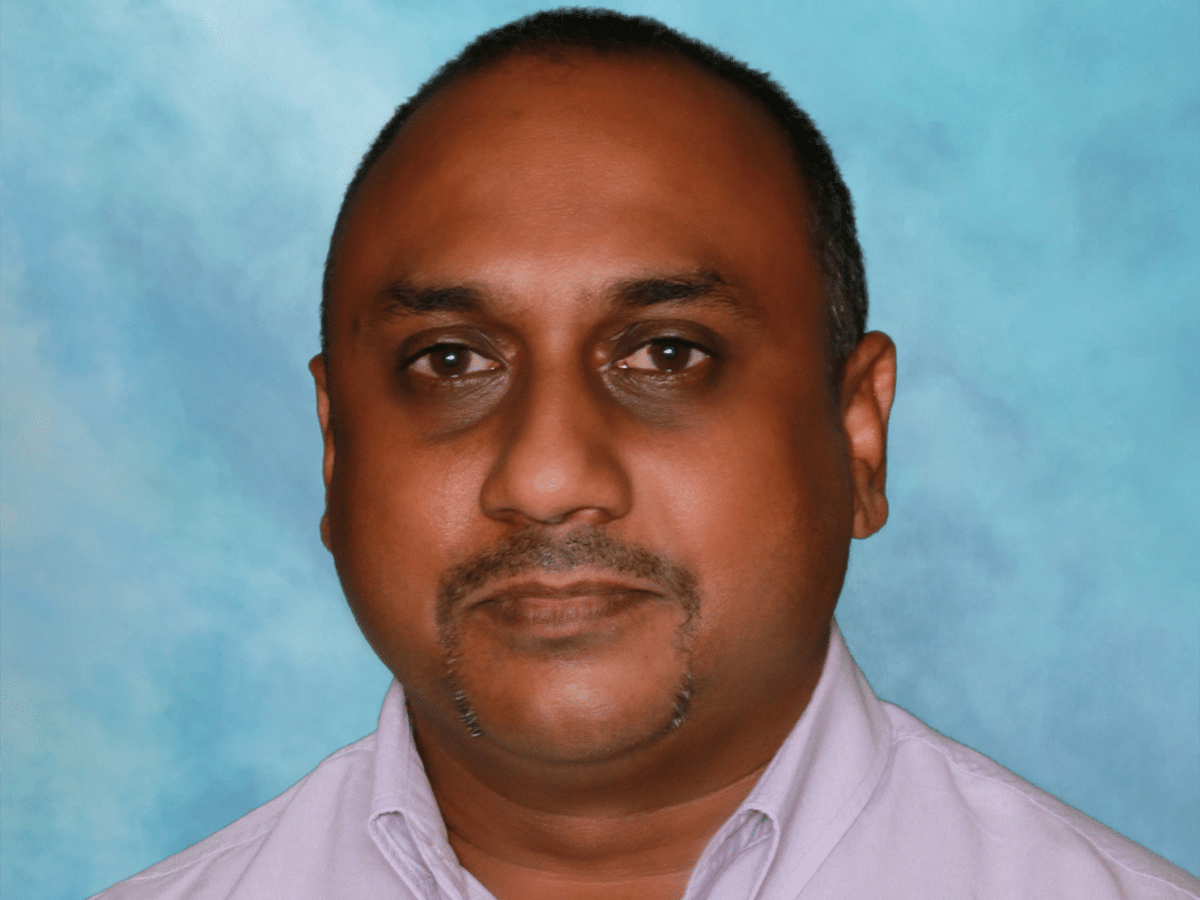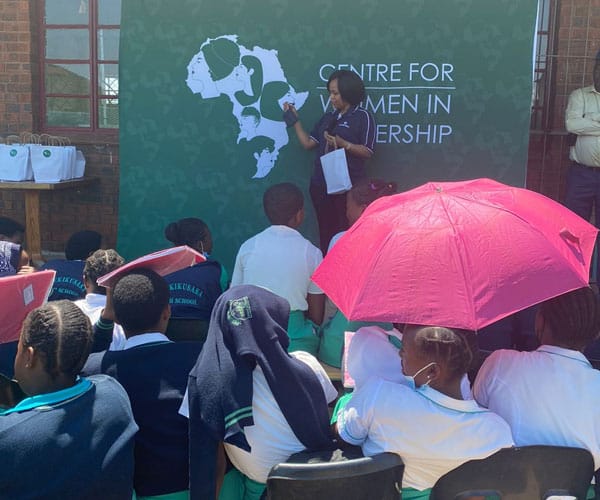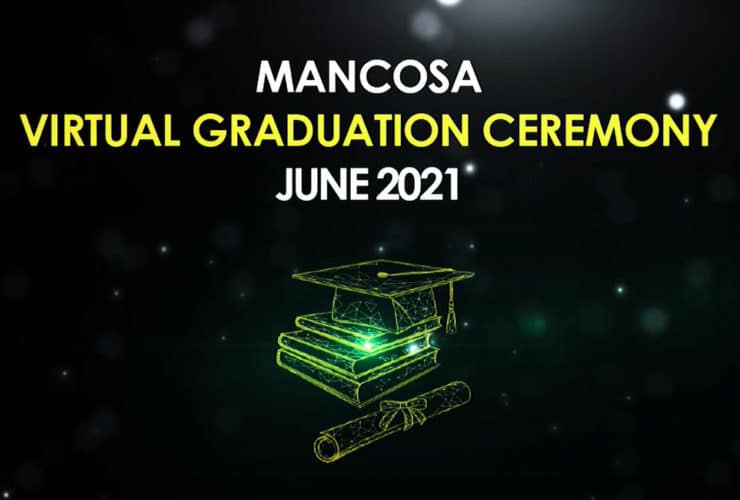MANCOSA looks to address the AI skills shortage as it offers a South African first
In line with the Fourth Industrial Revolution and the movement from localised job markets to a global job market, technology is having a significant influence on the future world of work, with artificial intelligence taking centre stage when it comes to automating business processes.

In line with the Fourth Industrial Revolution and the movement from localised job markets to a global job market, technology is having a significant influence on the future world of work, with artificial intelligence taking centre stage when it comes to automating business processes.
“This will have a significant impact when we asses this over a five or ten-year horizon. If South African skills are going to remain relevant in this future, there is a growing need for technology-based skills, and qualifications,” says Paresh Soni, Director of the MANCOSA School of Information and Digital Technology (SIDT).
In light of this, MANCOSA designed Estrella to be South Africa’s First Postgraduate Diploma in Artificial Intelligence. “This futuristic programme will address the shortage of AI skills in the country as employers are looking for employees who have deeply rooted tech skills as well as the transferable skills that are harnessed through technology-based qualifications,” says Soni.
Digital skills for the world of tomorrow
Earlier this year, a report titled: Africa’s Tech Skills Scarcity Revealed (released by SAP) pointed out that there has been no improvement in South Africa’s chronic shortage of all types of ICT skills across almost all sectors. In fact, the ICT skills gap continues to widen, hindering the continent’s digital transformation efforts.
“This cannot continue. AI remains one of the top priority skills for South Africa, especially as the country aims to remain globally relevant and competitive in the Fourth Industrial Revolution (4IR). South Africa also has ambitions to position itself as a continental leader in the Gig Economy, which requires digital skills,” says Soni.
He adds that while the PGDipAI will address the shortage of artificial intelligence skills in the country, Estrella has been specifically designed to be relevant for students across all MANCOSA course offerings.
Rapid evolution
Roxanne Bosch, Director of MANCOSA’s Centre for Innovation (Cfi), points out that online education has evolved rapidly and significantly over the past five years. However, much of the evolution has been based on technology that has advanced at an incredibly rapid pace rather than being based on how online education better meets the needs of a modern student.
“Ranking online programmes based on the technology ecosystems that help deliver education is akin to ranking traditional, contact institutions based on their classrooms and libraries. Bearing in mind the significant disruption we have seen over the past two years, we can appreciate how this is a difficult task,” says Bosch, who adds that this is at the heart of the current tertiary education value debate.
Bosch adds that MANCOSA is testing assumptions that have been entrenched in higher education for decades. Some of the critical questions we have asked ourselves in the design of this programme are:
- What does the optimal academic calendar look like? Is it still based on semesters?
- What material do students want to learn by themselves and what material do they want to be presented to them?
- Can augmented reality and simulations lead to better educational outcomes for students?
- Can technology cater for different learning needs? and
- What type of assessments promote skills acquisition and knowledge retention are aligned to making students more employable?
“Technology has changed the global skills narrative. Companies used to be limited to geographical skill sets. This has now changed in that a company in the USA can enhance their organisational structure with South African skills. It is now up to South African tertiary education providers to ensure their students have the best possible qualifications backed up by the transferable skills companies seek. Transferable skills encourage employees to work independently and manage their own time and support the development of cross-functional abilities, including the ability to work with teams across geographical borders and cultures. These skills are becoming highly desirable by employers,” says Bosch.
Addressing the value debate
Mohamed Goga, MANCOSA MD, pointed out that Estrella is an example of how MANCOSA is trying to address the current debate around the tertiary education value mode and reposition tertiary education for the modern world.
“In a digitally driven environment, online education serves an important purpose of equipping the workforce with the knowledge and skills required to progress in a future world of work. MANCOSA is committed to delivering value to its students while pursuing the realisation of its vision of education for a better world for all,” says Goga.
Applications for the MANCOSA PGDipAI are now open.
END





